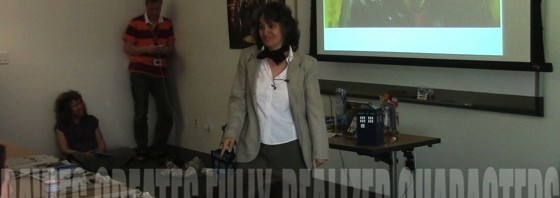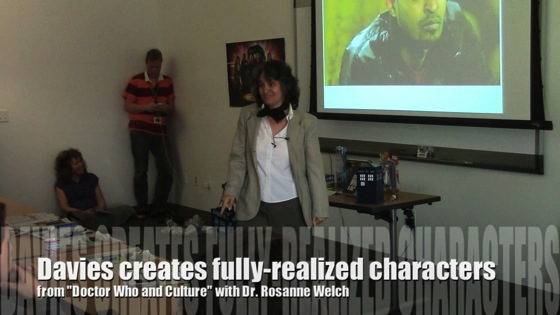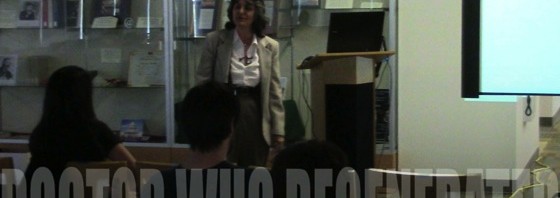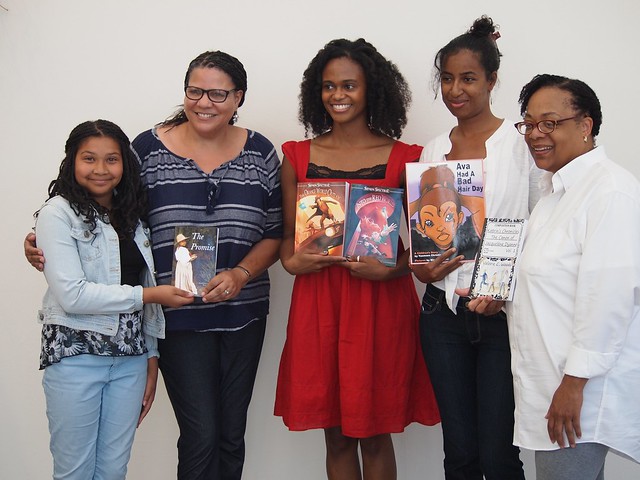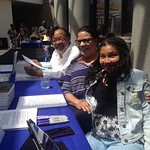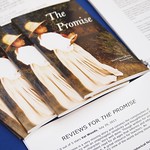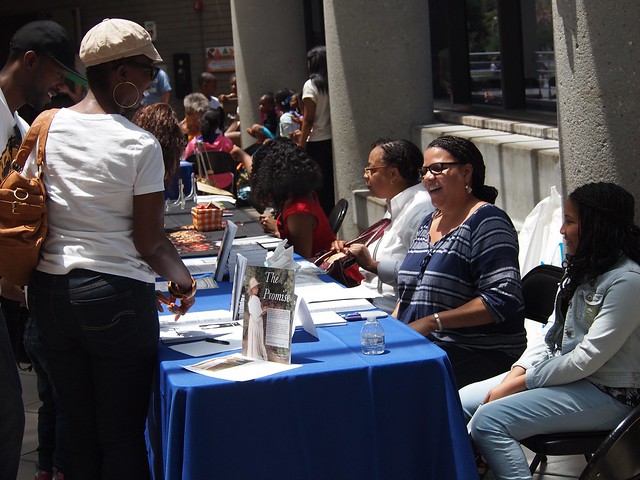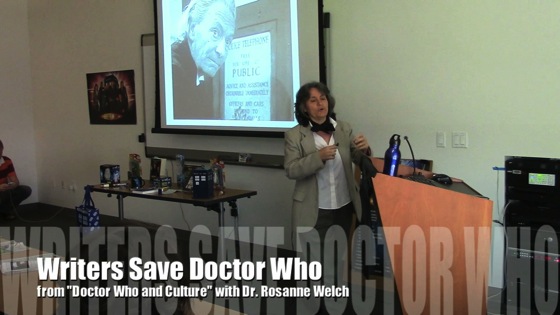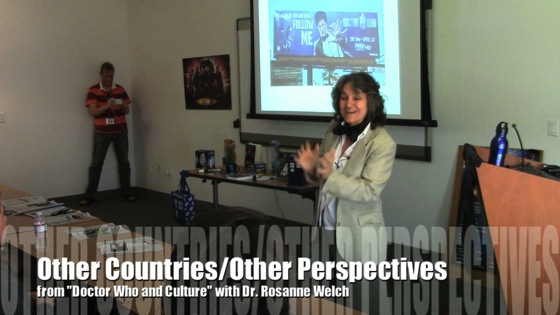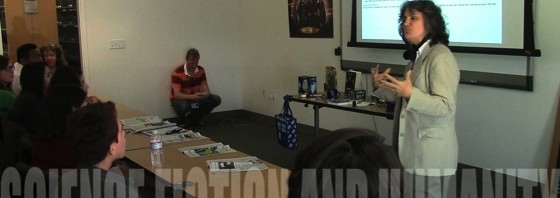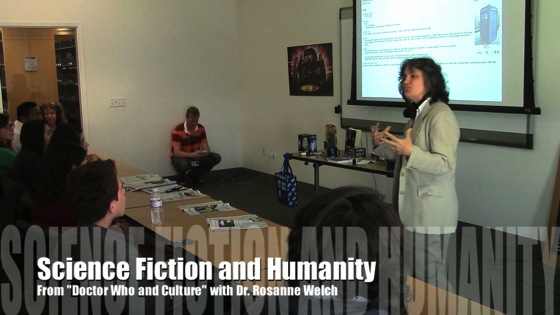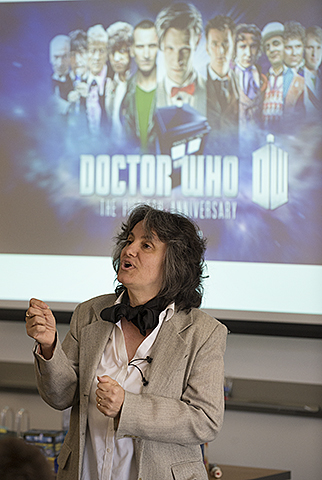A short clip from the presentation “Doctor Who and Culture: with Dr. Rosanne Welch
Transcript:
“When Mickey shows up on the show, he is the boyfriend of Rose who is the blonde, white, girl, who is going to become the companion to the Doctor and there is no discussion about it. The show wasn’t about, “Oh no, they have an interracial relationship and it’s difficult.” It’s not. It’s just Rose an Mickey and they’re together and that’s how life goes. Right? So Russell T. Davies, in my argument, has a better representation of characters of color. He gives them 3 dimensionality. His characters of color have real lives. They have jobs. They have relationships and they have sex. Real people have sex. They really do.
(Laughter)
Wooo!
All married people…well they weren’t married.
(Laughter)
So, that makes a full character. So I was interested, when I looked at characters that Russell created. Right? So here is Mickey Smith. What’s also interesting about Mickey is that he starts out afraid to join the Doctor. It’s too much for him. It’s too scary, but Rose goes along and after a couple of seasons, Mickey starts to realize, “I missed out on something. I made the wrong choice. Can I change my mind?” So he grows as a human being. He doesn’t just stay the same funny guy the whole four seasons or 5 seasons we know him. So, a character being given a true character arc means you are taking that character completely seriously as a full human being. That’s what Russell Davies was able to do.”
Dr. Rosanne Welch, Cal Poly Pomona Faculty from the Department of Interdisciplinary General Education discusses Doctor Who and how the show has changed television writing. Doctor Welch will further discuss how society looks at culture and gender roles with the use of the Doctor and his companions’ adventures.
“Natalie Lopez at the CalPoly University Library invited me to do a presentation for National Libraries Week on Doctor Who and Culture so that’s why a group of Whovians from both CalPoly and CSUF gathered in the Special Events room on April 16th. It was wonderful to look out over a sea of t-shirts and other Doctor paraphernalia present among the crowd as I pontificated about what makes Who great – mostly giving me a chance to present a case for the fact that writers make Doctor Who and therefore writers make culture.”
